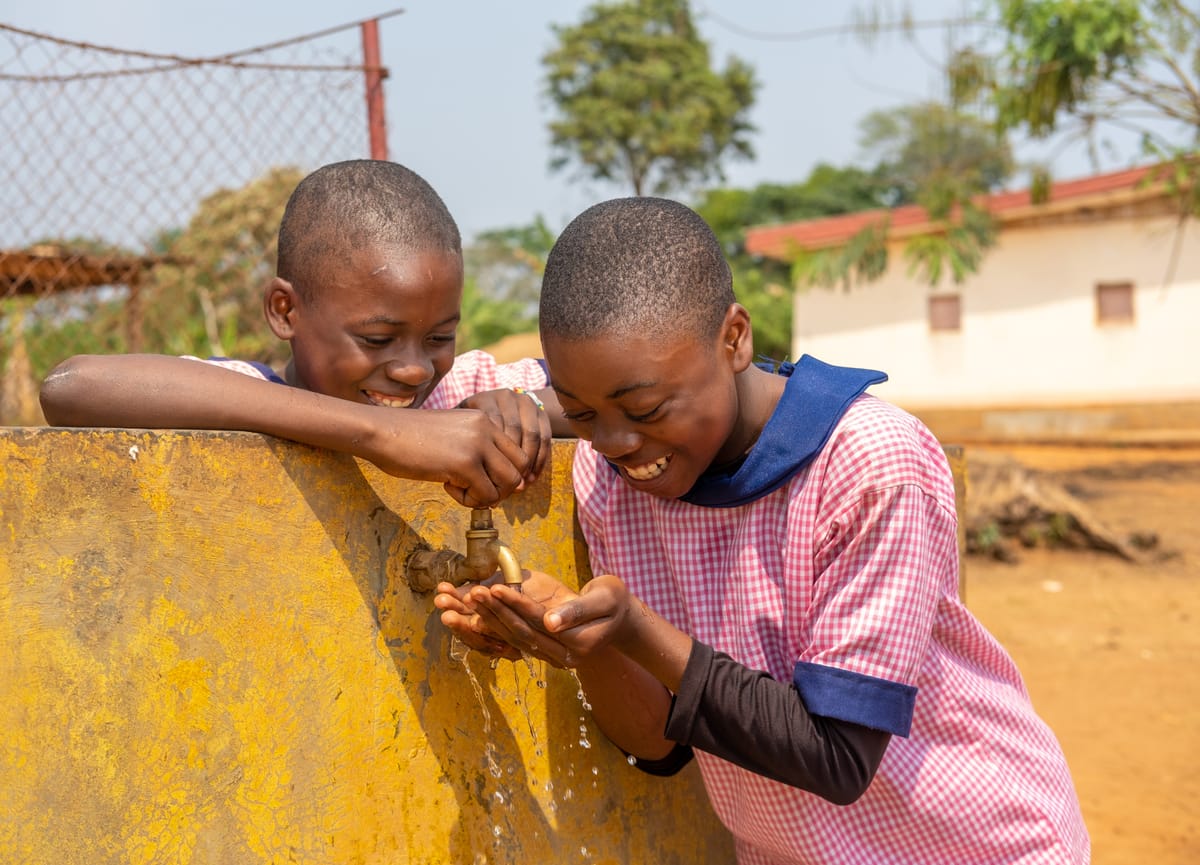Cargill’s Global Water Impact Reaches 150,000 Lives and Counting
In a world facing growing water scarcity, Cargill is making a measurable difference. Through its partnership with Global Water Challenge, the company has helped over 150,000 people across 13 countries gain access to safe, sustainable water—one well, one school, and one village at a time.

n a world where splashy pledges often evaporate into PR fog, a quietly effective effort to deliver clean water is making real ripples across the globe. While headlines may focus on billionaire moonshots and carbon credits, the story of Cargill and Global Water Challenge is one rooted in humble infrastructure and human dignity.
Water stress affects more than 2 billion people worldwide. That number is staggering—but it’s also deeply personal. For the women and children walking miles each day in Kenya to find a drinkable source, for farmers in Central America watching crops wither, and for entire communities facing health risks in India due to contaminated wells, water insecurity isn’t just a statistic—it’s a daily crisis.
That’s why the numbers behind Cargill’s efforts with Global Water Challenge (GWC) are more than impressive—they’re life-changing. Since 2019, this partnership has reached over 150,000 people across 13 countries with reliable access to clean water. But this isn’t just about installing pumps and walking away. It’s about local empowerment, long-term sustainability, and understanding that the right kind of water project doesn’t just quench thirst—it builds futures.
Take India, for example. In Telangana and Karnataka, Cargill-funded programs revitalized groundwater recharge systems and improved sanitation for rural schools. In Latin America, where Cargill has operated for decades, they’ve supported rainwater harvesting and water education programs that equip local farmers with tools to manage scarce resources while protecting their livelihoods. In Kenya, where drought and displacement have made water even more scarce, Cargill’s projects help vulnerable populations access clean, safe water in places that had none.
“We are proud to support work that delivers lasting, sustainable solutions,” said Michelle Grogg, Vice President of Corporate Responsibility at Cargill. “Access to safe water transforms communities and creates a ripple effect—improving health, supporting education, and boosting economic opportunity.”
This isn’t charity. It’s change. And it’s rooted in data. Cargill’s team, in coordination with GWC and the Water Resilience Coalition, is part of a growing movement among corporations to measure their impact using verified tools—mapping high water-risk areas, engaging with local governments, and reporting progress transparently.
The projects supported by Cargill do more than fill jugs—they help girls stay in school, reduce water-borne illness, and even improve crop yields. In one region of Honduras, community members built their own rainwater catchment systems with Cargill’s support, allowing families to grow food in dry seasons and avoid costly hospital visits from contaminated sources. That’s resilience in action.
As climate change accelerates and the global population grows, water access will become one of the defining challenges of our era. Governments alone won’t solve it. NGOs can’t do it alone either. But when private industry steps up—not with slogans, but with sweat equity and science-backed investment—it moves the needle in a big way.
So, while Cargill may be better known for its agriculture supply chains and food ingredients, its impact in water-stressed communities might end up being one of its most important legacies. Not because it’s glamorous. But because it works.
About Cargill
Cargill is a global food corporation that helps nourish the world in a safe, responsible, and sustainable way. With operations in more than 70 countries, Cargill is committed to transforming food systems and supporting resilient communities. Learn more at www.cargill.com.
